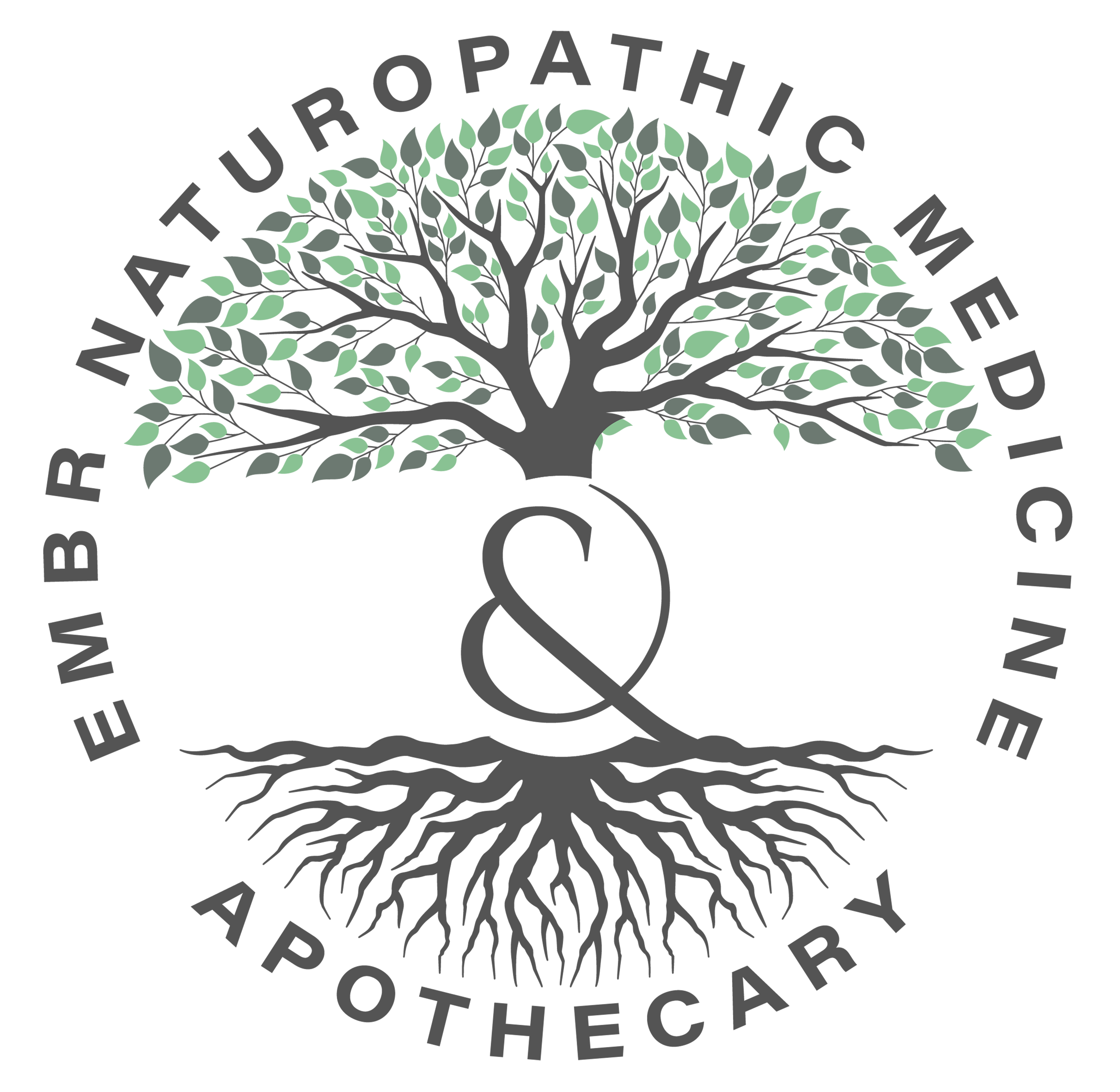Fibromyalgia is a chronic pain condition that is often under-diagnosed in general medical practice [1]. Oftentimes, because it presents with a host of signs and symptoms that can range from sleep disturbance and brain fog, to restless legs and gastrointestinal disorders, it can slip under the radar or be misdiagnosed [2]. That being said, it is still a diagnosis of exclusion, meaning that a full work-up including physical exam and lab tests are required to ensure that there isn’t some other ongoing underlying issue.
Typically, individuals affected by fibromyalgia present with similar symptoms, including chronic aches, pains & stiffness in the neck, shoulders, hips, & low back, as well as headaches or migraines, chronic fatigue, sleep disorders, insomnia, frequent mood changes, GI disturbances such as IBS, and other subjective nervous and/or muscular sensations that can affect the arms and legs [2].
One of the biggest complaints of patients with this condition is their difficulty with memory and word retrieval. You might hear patients sometimes refer to this as “fibro fog”, which typically presents as having difficulty with completion of thought processes that can affect daily conversations. “Fibro fog” or “fibro brain” is often due to a combination of the symptoms discussed above; however, there is also a very strong link between the integrity of the gastrointestinal system and small intestinal bacterial overgrowth (SIBO) and the changes seen in brain function. It is also very typical for patients to have other environmental sensitivities, including multiple chemical sensitivities (MCS), where even very faint chemical smells can set off a patient’s symptoms.
Having your doctor do a thorough lab work-up is imperative to ensure that chronic pathologies are not missed; however, there are also typical lab findings that are seen in patients with fibromyalgia. These include: vitamin D deficiency, hypothyroidism (oftentimes at a subclinical level), iron overload, chronic hidden infections such as viruses and bacteria, heavy metal and/or toxin accumulation, and mitochondrial (energy production) dysfunction [2].
Due to the chronic and widespread symptoms faced by individuals who suffer from this condition, one of the most basic foundations of health that is of utmost importance is the diet. An anti-inflammatory diet is extremely important for reducing the overall level of inflammation in the body, not only for improvement of the chronic widespread pain, but also to provide the body with the necessary basic nutrients to optimize function and allow the natural return to health. There are a number of beneficial dietary changes that one can make, particularly when it comes to avoiding inflammatory foods such as refined sugars, excess salt, and processed foods & starches. Additionally, avoiding the Solanaceae (nightshade) family of vegetables vastly reduces inflammation, as well; these include potatoes (excluding sweet potatoes), eggplants, tomatoes, peppers, and tobacco. Increasing your intake of omega-3 oils and fish oil, while reducing your intake of inflammatory saturated animal fats and fried foods will also reduce your overall inflammatory load. One of the best diets to adopt for health and longevity, as well as significant reduction of widespread inflammation is the Mediterranean Diet.
The other aspects of the basic foundations of health that must be addressed are improvement in sleep, regular physical exercise, detoxification / depuration, and stress management. Once the foundations of health have been established, there are a myriad of additional therapeutic supplemental treatments, as well as physical modalities that can be implemented to assist the body in returning to a state of reduced pain and normal health.
